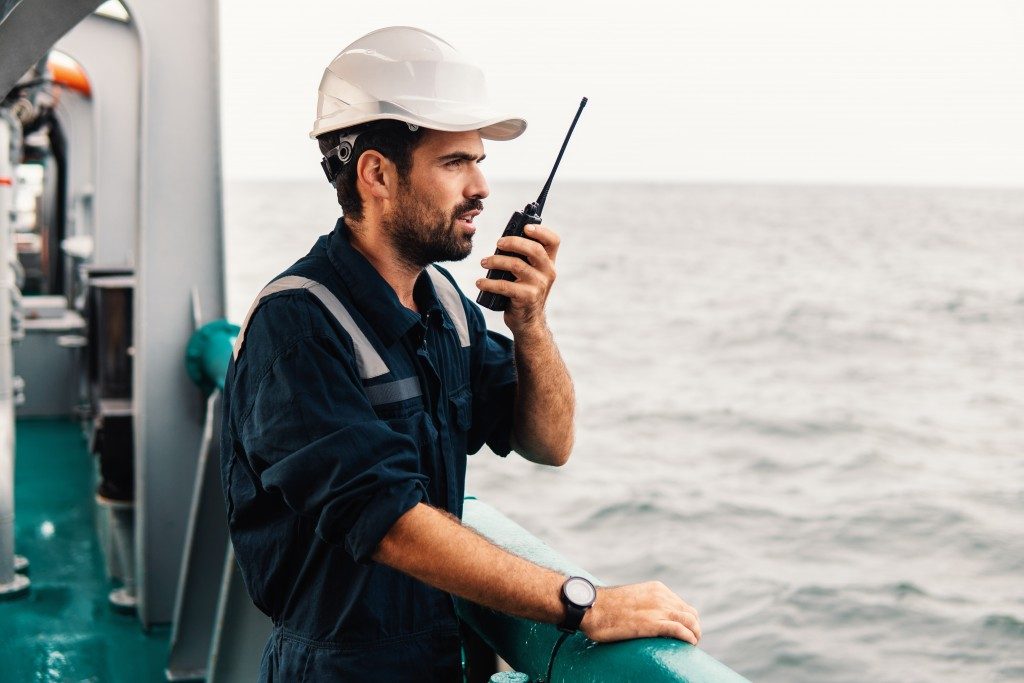The maritime industry plays a significant role in the global economy, which is why marine insurance is a great necessity. Over 90% of the world’s trading is done via maritime transport, making it an essential mode of transportation for goods and raw materials around the world.
That said, it is also one of the largest industries that need insurance, such as Loss of Hire coverage and Protection & Indemnity Insurance.
Since the trade industry is continuously growing over the years, it is important that all seafaring businesses know the different types of marine insurance:
Machinery insurance
In the case of operational damages, the vital pieces of machinery that are covered under machinery insurance can be compensated, as long as claims are approved by the surveyor. This type of insurance is an assurance that expensive machinery can be replaced without putting a hefty cost on the ship’s operator.
Hull insurance
This type of insurance is taken out to protect the torso and hull of the ship, as well as the pieces of furniture and other items inside the vessel. Shipowners should have this type of insurance so that they can avoid losses in case of any untoward incident.
Hull and machinery insurance
H&M insurance is a combined version of the two previous types of insurance and is designed to protect the vessel against losses caused by the perils of the sea, such as:
- Sinking
- Collision
- War
- Forces of nature
- Toxic fumes
- Flooding
- Capsizing
- Loss of propulsion
- Loss of steering
Protection and indemnity insurance
Also known as P&I insurance, this type of coverage is used by shipowners to cover the liabilities to a third party. Moreover, it is used to cover other risks that are not included in the H&M insurance. P&I insurance covers both crew-related claims and cargo-related claims.
Freight, demurrage, and defense insurance
FD&D insurance covers the insured vessel for a variety of disputes, wherein the insurance provider covers claims for handling assistance, as well as the legal costs.
Freight insurance
Freight insurance is a type of coverage that most cargo corporations get because it protects them against losses in case they lose cargo during transit. In the sea, where the environment is unpredictable, freight insurance is crucial for merchant vessel corporations. Unexpected events such as storms, strong waves, and collisions with objects under the sea can easily make a ship lose its cargo.
Loss of hire insurance
Loss of hire insurance serves as a risk management tool that is designed to protect cash flow in case loss of time causes any of the following: loss of hire, loss of freight, and loss of other incomes.
Types of policies

Marine insurance companies also offer different policies, depending on their customers’ needs. These policies include:
- Voyage policy
- Time policy
- Open or unvalued policy
- Valued policy
- Mixed policy
- Wager policy
- Port risk policy
- Floating policy
- Single vessel policy
- Fleet policy
- Block policy
- Wager policy
Marine insurance is just like any other type of coverage, except that it protects bigger ticket items and big maritime businesses. But like other types of insurance, it protects the insured against any untoward incidence, which is a risk that seafaring corporations are prone to.


